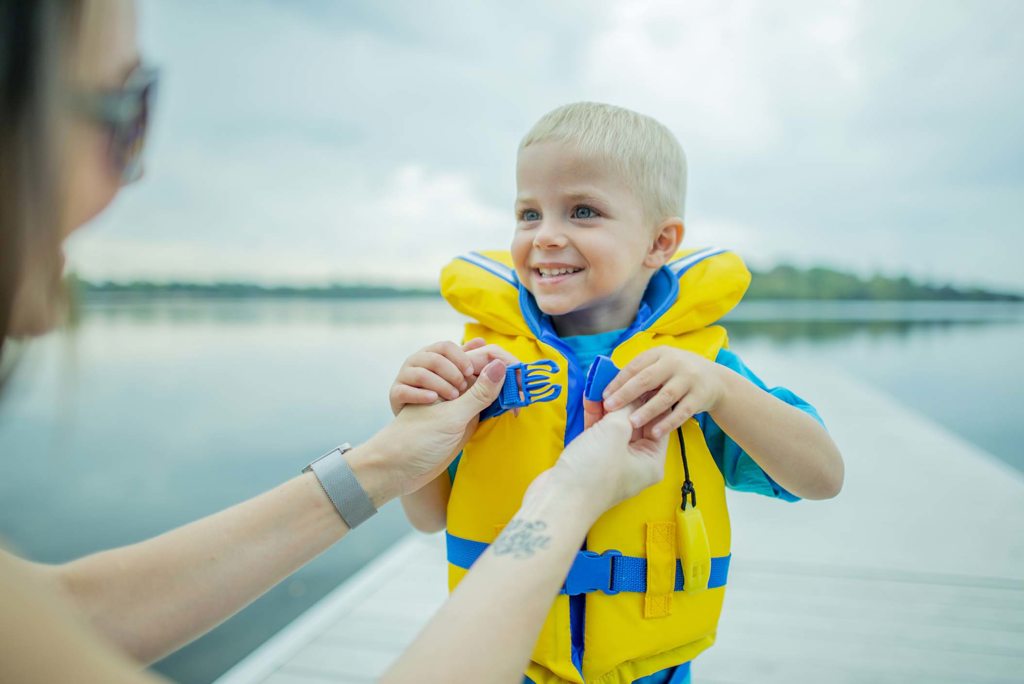
Play it cool at the pool and be safe
Summer is in full swing and many families have adopted more leisurely routines. Even though you may be more relaxed, it’s important to continue following safety precautions. While icy blue water can be very tempting and refreshing, it also can be dangerous. More drowning deaths occur during summer — particularly in July — than any other time of year. Because a person can drown in less than one inch of water, it is extremely important to be cautious at home around a pool or on vacation at a lake or ocean.
“Just because it is summer, it’s not a good idea to take a vacation from common sense,” said Shaun Sheehan, DO, Emergency Services and Transfer Center Medical Director for Penn Highlands Healthcare. “Nonfatal drowning can result in long-term health problems such as brain damage and other disabilities.”
According to the Centers for Disease Control and Prevention, every year in the United States, there are an estimated 11 drowning deaths per day and an average 22 nonfatal drownings per day. It is important to note that drowning is a leading cause of death for children.
“While children are at greater risk, anyone can drown,” said Sundeep Ekbote, MD, Director of Emergency Medicine at Penn Highlands Mon Valley. “Brain damage begins to occur approximately five minutes after oxygen deprivation. If CPR is performed and breathing is restored within the five minutes, the person most likely will recover.”
Both physicians point out that it is a misconception that strong swimmers do not drown. They can drown because they are overly confident in their abilities; they are more likely to swim in unsupervised areas and open waters; and they take more risks in water-based activities. Dr. Sheehan and Dr. Ekbote also encourage adults and children to take as many water safety steps as possible to prevent incidents and help save lives. For adults, these include:
- Knowing how to swim before going into the water.
- Wearing life jackets when participating in water activities.
- Avoiding the use of alcohol, drugs and prescription medications when near the water.
For parents, they suggest:
- Ensuring that their children be given swimming lessons.
- Ensuring that all backyard pools have the proper fences or barriers.
- Watching children closely while they are in the water.
- Learning CPR so that they can react quickly in the event of a water emergency.
- Keeping a first aid kit and emergency phone numbers near the water.
- Enforcing all pool rules including no running, pushing or dunking other swimmers.
- Removing all toys from the water after everyone is through swimming so that they do not become a temptation for younger children to enter the water.
- Never using water wings and pool toys as life jackets.
Children should know to:
- Always swim with a buddy and never alone.
- Swim only in supervised or designated areas.
- Never chew gum or eat while swimming, diving or playing in water.
- Build endurance slowly and not overdo it in the water.
- Be careful of waves and the undercurrent at the ocean and never to dive into waves head first.
From water accidents and falls to cuts and cardiac arrest, Penn Highlands provides emergency care you can count on across more than 19 counties in Northwestern/Central and Southwestern Pennsylvania. The emergency room doctors and their teams are experts at treating patients experiencing serious illness or injury. For more information, visit www.phhealthcare.org/ed.

